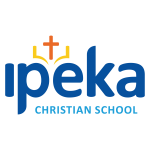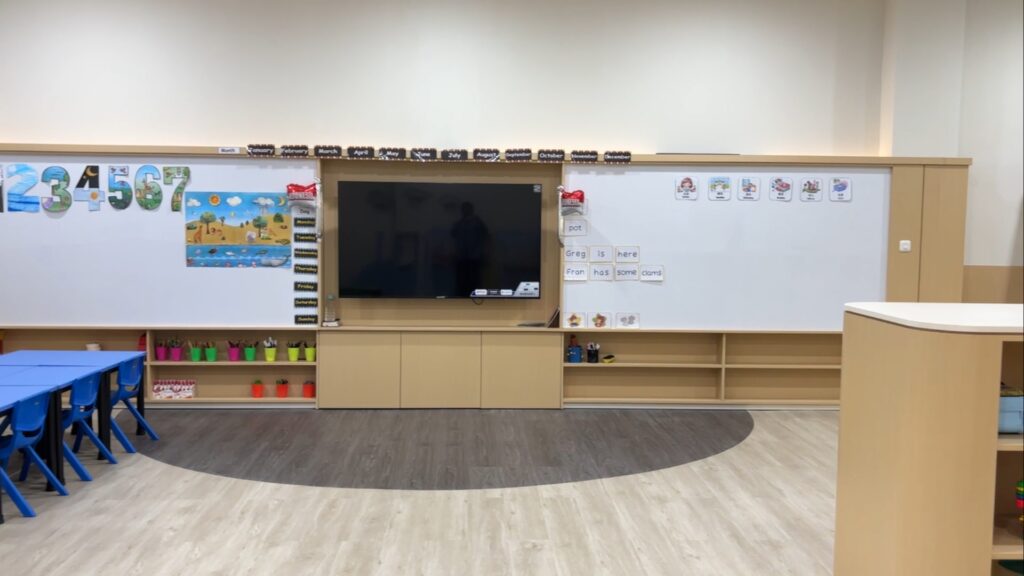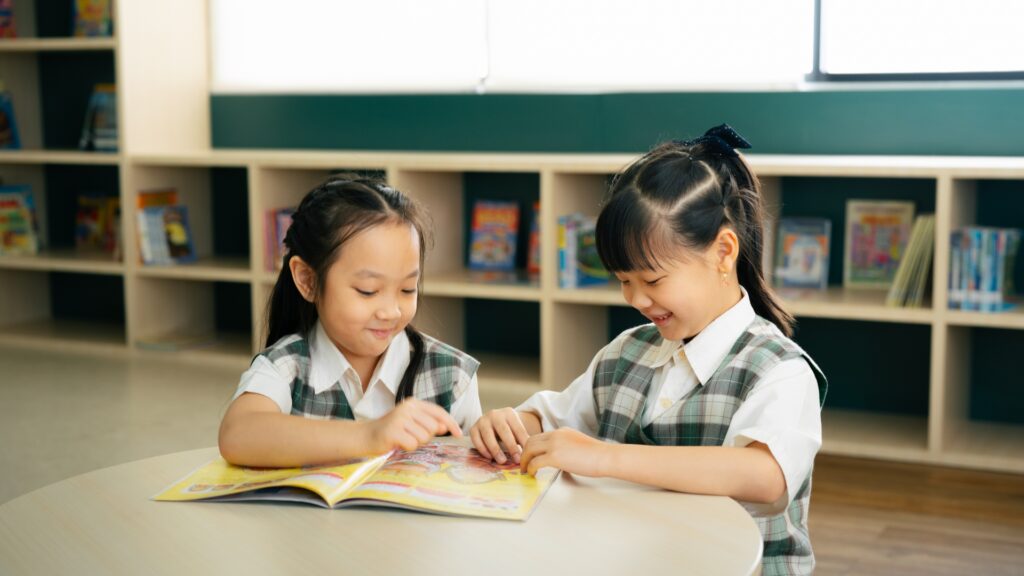Choosing a school for your child is not a decision to be made lightly. For many parents, a school is more than just a place of learning—it’s a community that shapes a child’s character, values, and future. That’s why it’s essential to carefully evaluate various factors, including one of the most important: the school’s curriculum. A curriculum serves as the foundation of the teaching and learning process. It encompasses subjects, teaching methods, assessments, and character development. In Indonesia, two main types of curricula are widely offered: the National Curriculum and the International Curriculum.
National Curriculum
The National Curriculum is developed by the Indonesian government and is implemented in both public and private schools. Over the years, this curriculum has undergone several revisions. The latest version, known as Kurikulum Merdeka, was introduced in 2020 and officially adopted across various education levels starting from the 2022/2023 academic year, including in private and Christian schools.
Kurikulum Merdeka aims to create a more meaningful and student-centered learning experience. It gives teachers the flexibility to tailor lessons based on each student's interests, talents, and developmental needs. In addition to academic knowledge, students are encouraged to build strong character traits through the Profil Pelajar Pancasila (Pancasila Student Profile). Furthermore, its project-based learning approach enhances students’ critical thinking, collaboration, creativity, and active learning skills.
International Curriculum
Meanwhile, the International Curriculum is globally recognized and applied in many countries. In Indonesia, this curriculum is often used in international and private schools that offer global education standards.
The goal of the International Curriculum is to equip students with global perspectives, 21st-century skills, and independent learning abilities. It encourages critical, creative, and reflective thinking, as well as cultural and social awareness. Additionally, this curriculum prepares students to pursue higher education both domestically and abroad, with globally relevant learning approaches.
Some of the most popular international curricula in Indonesia include:
- International Baccalaureate (IB)
The IB program emphasizes holistic learning and encourages independent, reflective, and critical thinking. It develops research, communication, and time management skills that are essential for university and future careers. Widely recognized by top universities worldwide, IB offers a greater pathway to international study.
IB is divided into:
- PYP (Primary Years Programme) for ages 3–12
- MYP (Middle Years Programme) for ages 11–16
- DP (Diploma Programme) for ages 16–19
- Cambridge International
Known for its academic rigor, conceptual mastery, and standardized assessments. It’s ideal for students planning to study abroad.
- Pearson Edexcel
Offers a competency-based, practical learning approach aligned with both the workforce and higher education demands.
Holistic Education: Nurturing the Whole Child
Holistic education seeks to develop every aspect of a child—not just intellectual ability, but also emotional, social, physical, and spiritual growth. The goal is to shape well-rounded individuals who are resilient and ready for the complexities of real life.
The holistic approach is clearly reflected in programs like the International Baccalaureate. IB not only emphasizes academic achievement but also promotes emotional, social, spiritual, and moral development. This is the essence of holistic education: forming individuals who are prepared not just for exams, but for life.
Beyond Academics: The Role of Values and Character
A truly impactful education goes beyond academic excellence. It shapes the whole person—especially in terms of faith and character. Schools that adopt a Christ-centered education model are committed to instilling Christian values such as love, integrity, and responsibility, helping students grow into individuals who make a positive impact on society.
Choosing a Christian School for Your Child
Understanding curriculum options is a critical step for parents in planning their child’s educational journey. Each curriculum offers unique strengths in building academic competencies and preparing students for a dynamic world.
For parents seeking education that also emphasizes character and moral values, Christian schools present a meaningful option. These schools not only teach academic subjects but also instill biblical values that form the foundation of a child’s life.
One example is IPEKA Christian School, which offers Christ-centered education where students are taught from a biblical worldview to help them shape their understanding of the world through faith.
IPEKA provides various curriculum options—including the National Curriculum (Kurikulum Merdeka), International Baccalaureate (IB), and Pearson Edexcel—to meet the unique needs and potential of each student. However, beyond academics, IPEKA is committed to holistic education that nurtures students intellectually, emotionally, socially, and spiritually.
Choosing the right curriculum means choosing the direction of your child’s future. It is crucial for parents to understand the strengths of each approach while also considering the holistic and spiritual values the school promotes. Select a school that not only excels academically but also builds your child’s character and faith for a lifetime.
You can check more on our International Curriculum and program at IPEKA INTEGRATED Christian School (IICS)'s Page!





